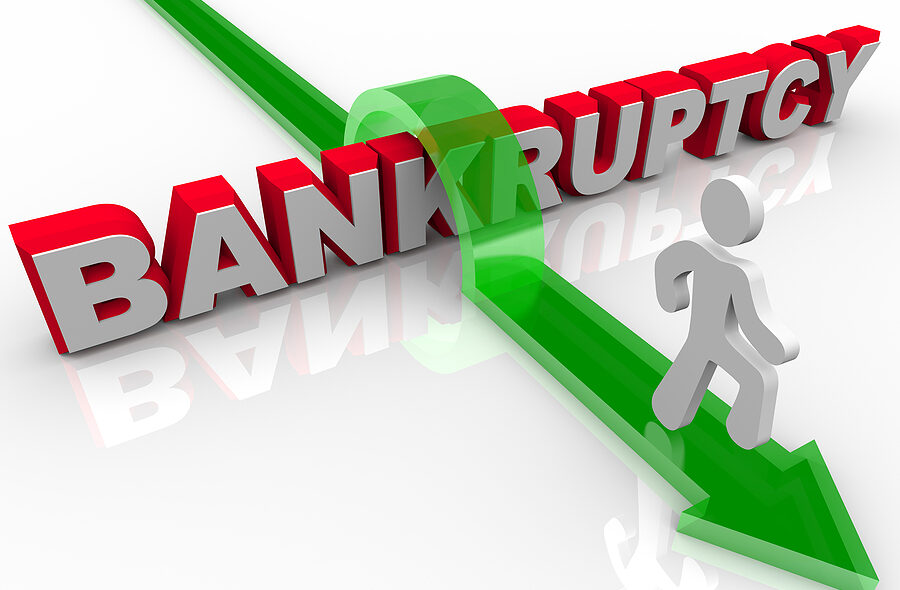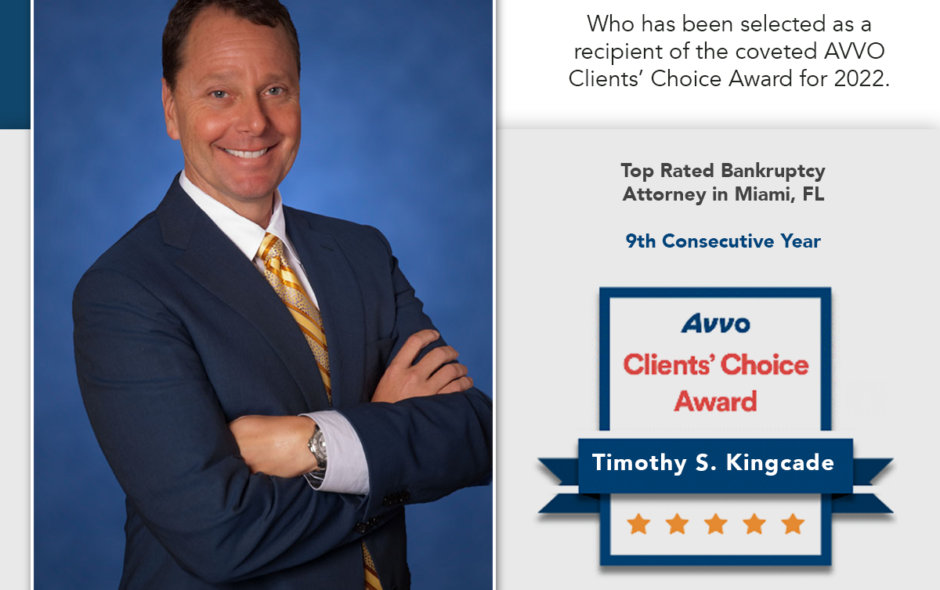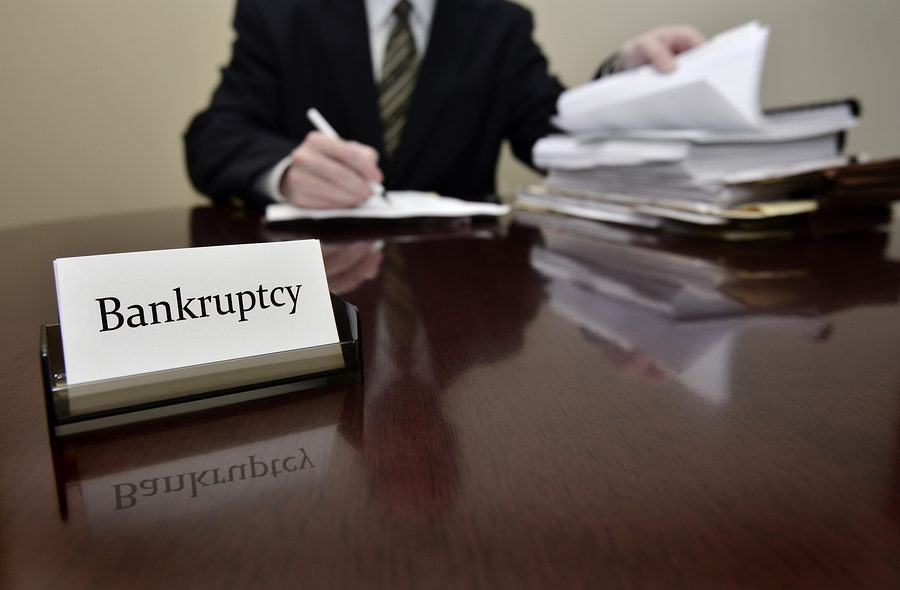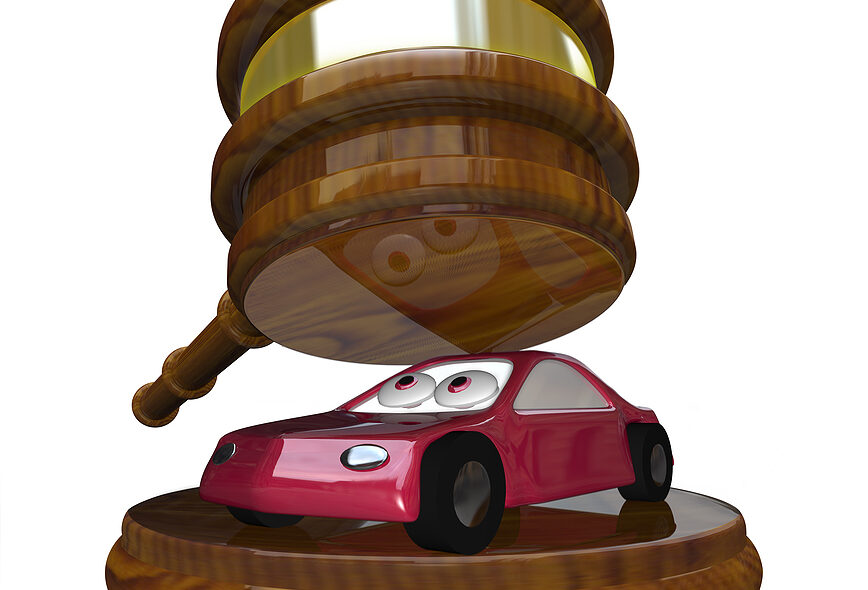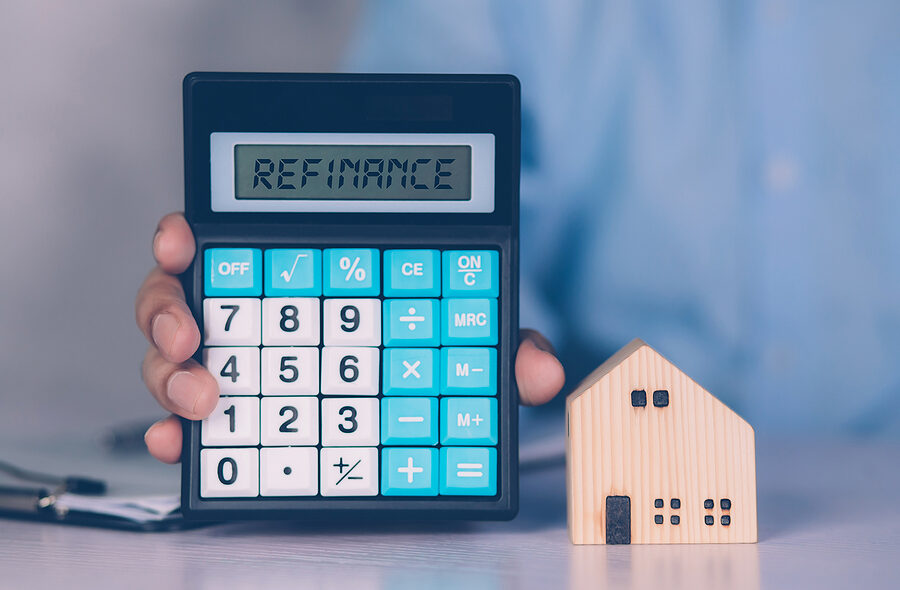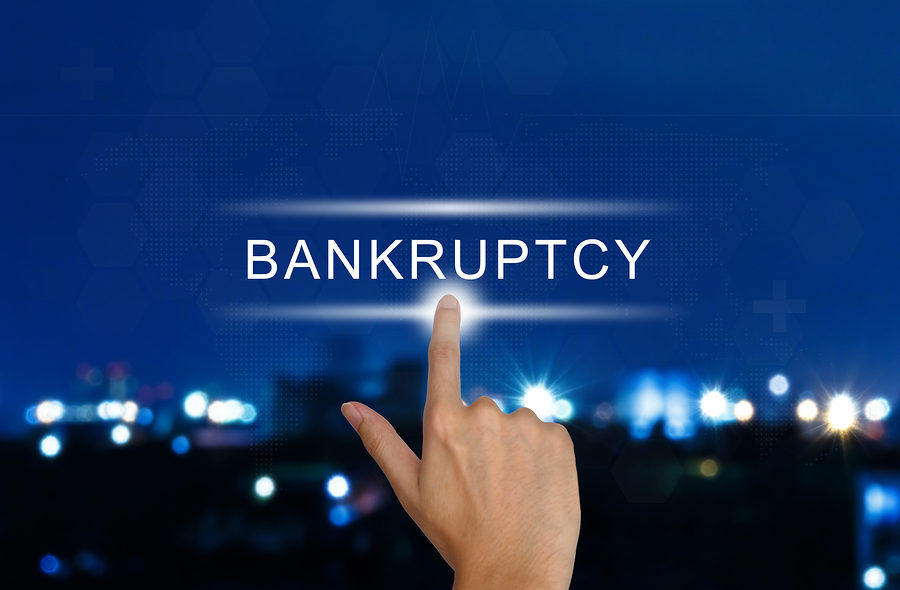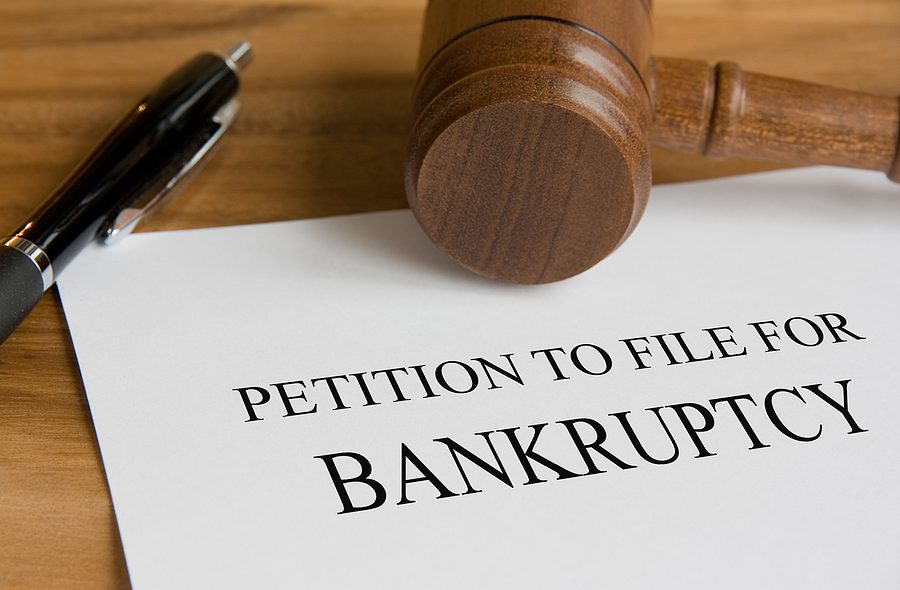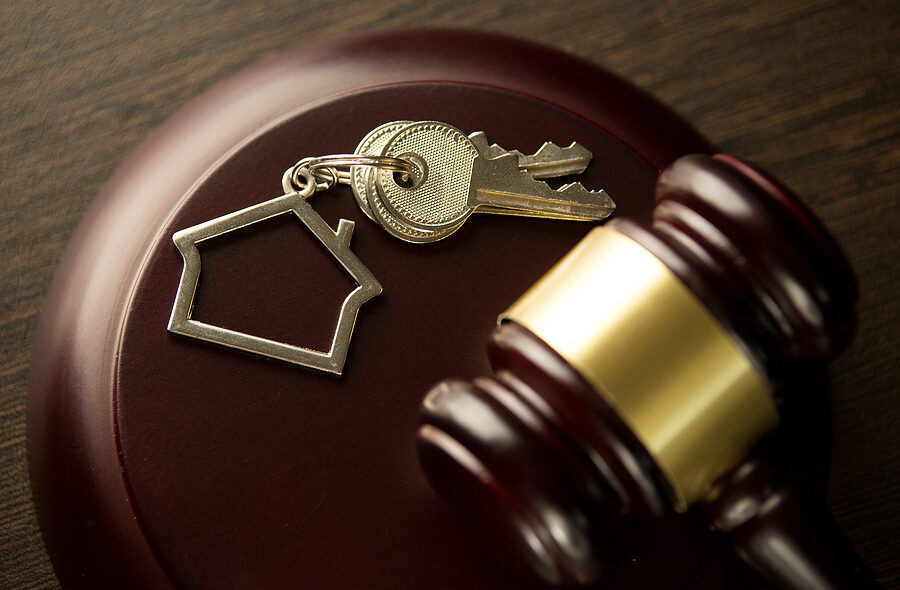Managing Shareholder, Timothy S. Kingcade of the Miami-based bankruptcy law firm of Kingcade Garcia McMaken has received the 2022 AVVO Clients’ Choice Award. To obtain this award, an attorney must receive five or more exceptional client reviews in the same year. Kingcade has been awarded the Clients’ Choice Award for the following years: 2014, 2015, 2016, 2017, 2018, 2019, 2020, 2021 and 2022.
One of attorney Kingcade’s clients had this to say on AVVO: I needed an attorney for bankruptcy and chose Attorney Timothy Kingcade of Kingcade Garcia McMaken, P.A. From start to finish, they were very helpful and answered all of my questions. I would definitely refer them to any of my friends that needed a bankruptcy attorney. All the staff was very knowledgeable of my needs. You will not be disappointed. This is a Class A firm.
Click here to read all of Miami Bankruptcy Attorney Timothy Kingcade’s client reviews on AVVO. Timothy has also earned a “Superb” 10.0 AVVO rating in the area of bankruptcy law, the highest rating an attorney can receive. The rating is calculated using a mathematical model, which takes into consideration the years an attorney has practiced law, their professional achievements, discipline history and industry recognitions. The rating is completely objective and unbiased. Attorneys cannot pay or petition the site to have their rating changed, which makes AVVO one of the most respected lawyer rating services in the country and an invaluable legal resource for consumers.
Attorney Timothy S. Kingcade is dedicated to helping people from all walks of life take advantage of their rights under bankruptcy protection to restart, rebuild and recover. Timothy is a certified public accountant (CPA), which allows him to better understand tax-motivated bankruptcy cases against the IRS. Timothy’s vast experience and expertise in the area of bankruptcy law allow him to know what bankruptcy trustees in the Southern District of Florida are looking for, preventing his clients from some of the pitfalls that can lead to the dismissal of a bankruptcy claim.
###
Miami-based Kingcade Garcia McMaken, P.A. was established by managing partner and bankruptcy attorney, Timothy S. Kingcade in 1996. The firm represents clients throughout the State of Florida in Chapter 7 bankruptcy and foreclosure defense cases. The firm is committed to providing personalized service to each and every client, clearly explaining the options according to the unique circumstances of his or her life. The office environment and the service provided are centered on a culture of superior client care for the financially disenfranchised. All partners and associates at Kingcade Garcia McMaken P.A. specialize in consumer bankruptcy and foreclosure and have dedicated their practices to this area of the law. Additionally, all attorneys and staff members at the firm are bilingual speaking Spanish.

